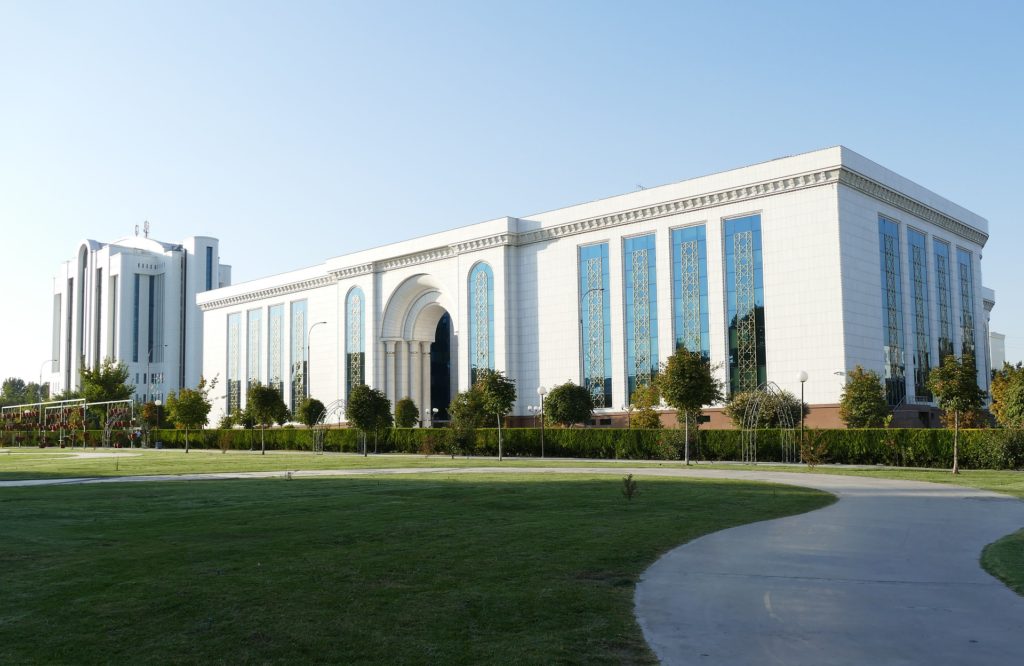TASHKENT
The International Monetary Fund (IMF) expects Uzbekistan’s economy to grow by 5 percent in 2021, but the recovery could be delayed by internal and external factors amid the COVID-19 pandemic.
The pandemic hit Uzbekistan’s economy sharply in the first half of 2020, but the recession was moderated by strong and timely containment and support measures. That resulted in 1.6 percent growth at the end of the last year.
“Growth is expected to pick up in 2021 … The level of uncertainty is very large, however,” the IMF said in a statement.
The Fund said that the recovery could be delayed by a resurgence of infections, a slower-than-expected rollout of vaccines, or new containment measures, as well as slower growth in Uzbekistan’s main trading partners and fluctuations in commodity prices, notably the price of gold.
It said that the humanitarian and economic impact of the pandemic had slowed Uzbekistan’s swift transformation to a modern market economy from the state model that existed until 2016.
The Central Asian country makes efforts to improve its investment climate after more than two decades of economic isolation that kept foreign private businesses at a distance. President Shavkat Mirziyoyev made the attraction of foreign investors one of the top priorities of his ambitious reform agenda.
“As the pandemic abates, Uzbekistan will need to secure strong, sustainable, and inclusive growth to narrow the income gap relative to other emerging economies,” the IMF said.
“The authorities will need to continue with wide-ranging structural reforms to help achieve this, including by reducing the role of the state in the economy and creating an environment conducive to strong private sector growth, while expanding the social safety net to protect vulnerable households,” it said.
The Fund said that the current account deficit was projected to widen slightly, to about 6.5 percent of gross domestic product (GDP), as imports were expected to recover faster than exports.
Inflation is projected to decline to just below 10 percent by end-2021 due to food price pressures and government wage increases, the Fund said. In 2020, annual inflation was over 11 percent.
The IMF said that monetary policy remained appropriately focused on lowering inflation, and the central bank should continue to allow exchange rate flexibility.
“Further improvements are needed in the central bank’s supervisory capabilities to better monitor banks and effectively respond to possible banking sector difficulties,” it said.

